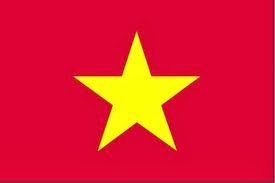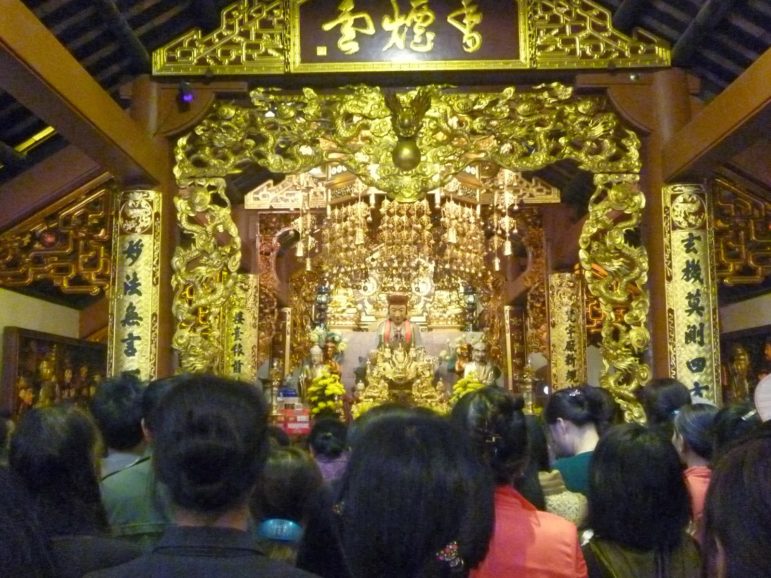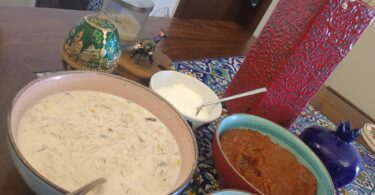HANOI, Vietnam – Many people know Tet, the Vietnamese Lunar New Year, as a conventional New-Year-like holiday that is identified by customs like giving presents to children, spending time with families and eating traditional food.
 However, unlike the Western New Year, Tet, which ended earlier this month, also has a great religious significance for Vietnamese people and includes a plenty of religious and spiritual traditions.
However, unlike the Western New Year, Tet, which ended earlier this month, also has a great religious significance for Vietnamese people and includes a plenty of religious and spiritual traditions.Tet religious customs are all about asking for luck and happiness in the upcoming year.
The Vietnamese believe that what they do during this holiday can affect their lives in the New Year, and some traditions are practiced even before the holiday. One of them is the worshipping of the Apple Spirit. The Apple spirit is believed to be assigned by God to keep track of all the things going on in human houses.
On that day people would clean their houses and practice a ritual in which they ask the Apple Spirit to report good things about them to God so that they would be blessed in the upcoming year.
Tet’s Eve is probably the time when most religious traditions can be observed. It is believed that the family’s life in the upcoming year depends on what kind of person comes into the house first after the beginning of a new year.
If that person has positive qualities such as wealth and success, the family will also be blessed with these qualities. But if the person is a negative one, a bad year will be waiting for the family.
Most families don’t want to take risks and usually send their own member out just before the midnight of the New Year and he or she comes back after the New Year has officially begun, becoming the first person to step into the house of that particular family. That way, families don’t have to worry about their future because they already know what kind of person is going to come into their houses first. This tradition is called in Vietnamese xông nhà.
The most important religious custom of Tet which can be seen before, throughout and even after the holiday is visiting pagodas.
The Vietnamese make these visits in hopes that their next year will be happy and prosperous. This tradition is popular because the Vietnamese people are very religious and pagodas allow them to address their wishes and prayers to the highest power – Buddha – which is said to increase the “chances” of being blessed.
During Tet, pagodas do a lot to serve the enormous number of people coming to pray. They invest money on decorations, plan all kinds of religious rituals, and prepare monks to be advisors to those who are inexperienced with prayer.
The biggest pagodas, like the Hương Pagoda not far away from Hanoi, even have their own big festivals that attract thousands of Buddhists across the country and last for a whole week in February or March, depending on the year.
There is another pagoda custom that is becoming increasingly popular. This tradition is giving out ancient hieroglyphs, each representing a certain quality, such as intelligence, determination, luck or success. People believe that by obtaining such hieroglyphs they will be able to develop those qualities and make their own lives better.
Tet is not merely a fun holiday, but it is also a time for people to practice religious customs that have been practiced for centuries but cannot be done during the year. With all the abundance of religious activities and traditions, Tet is truly a religious holiday.
Vu Quang Anh is a Junior Reporter for Youth Journalism International.

A hieroglyph for “patience” from the Chu Van An Pagoda. (Vu Quang Anh/YJI)




